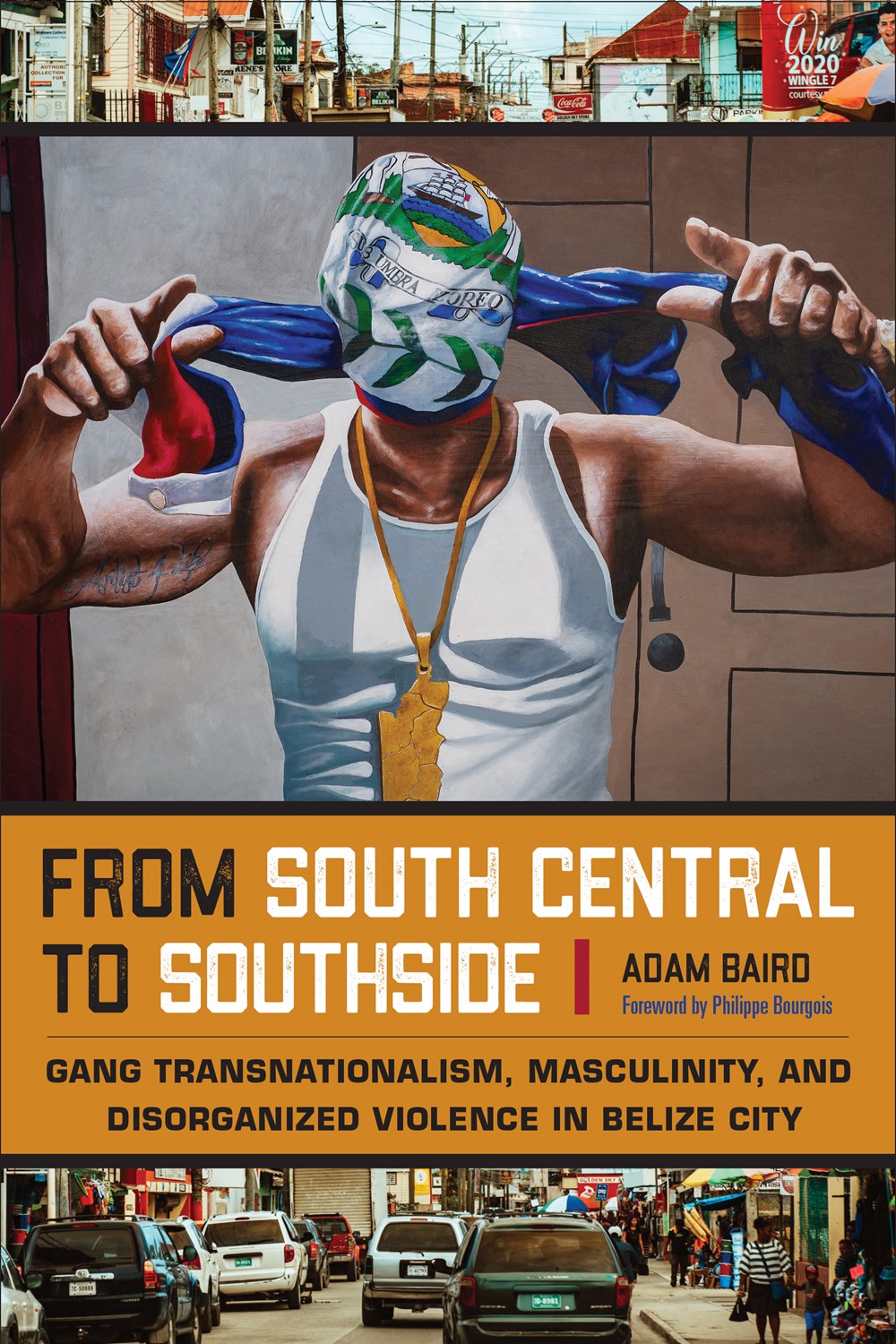2018 School Spending Survey Report
From South Central to Southside: Gang Transnationalism, Masculinity, and Disorganized Violence in Belize City
COPY ISBN
VERDICT An illuminating study about gangs and systemic inequality, best suited for an academic audience.
RELATED
ALREADY A SUBSCRIBER? LOG IN
We are currently offering this content for free. Sign up now to activate your personal profile, where you can save articles for future viewing




Comment Policy:
Comment should not be empty !!!